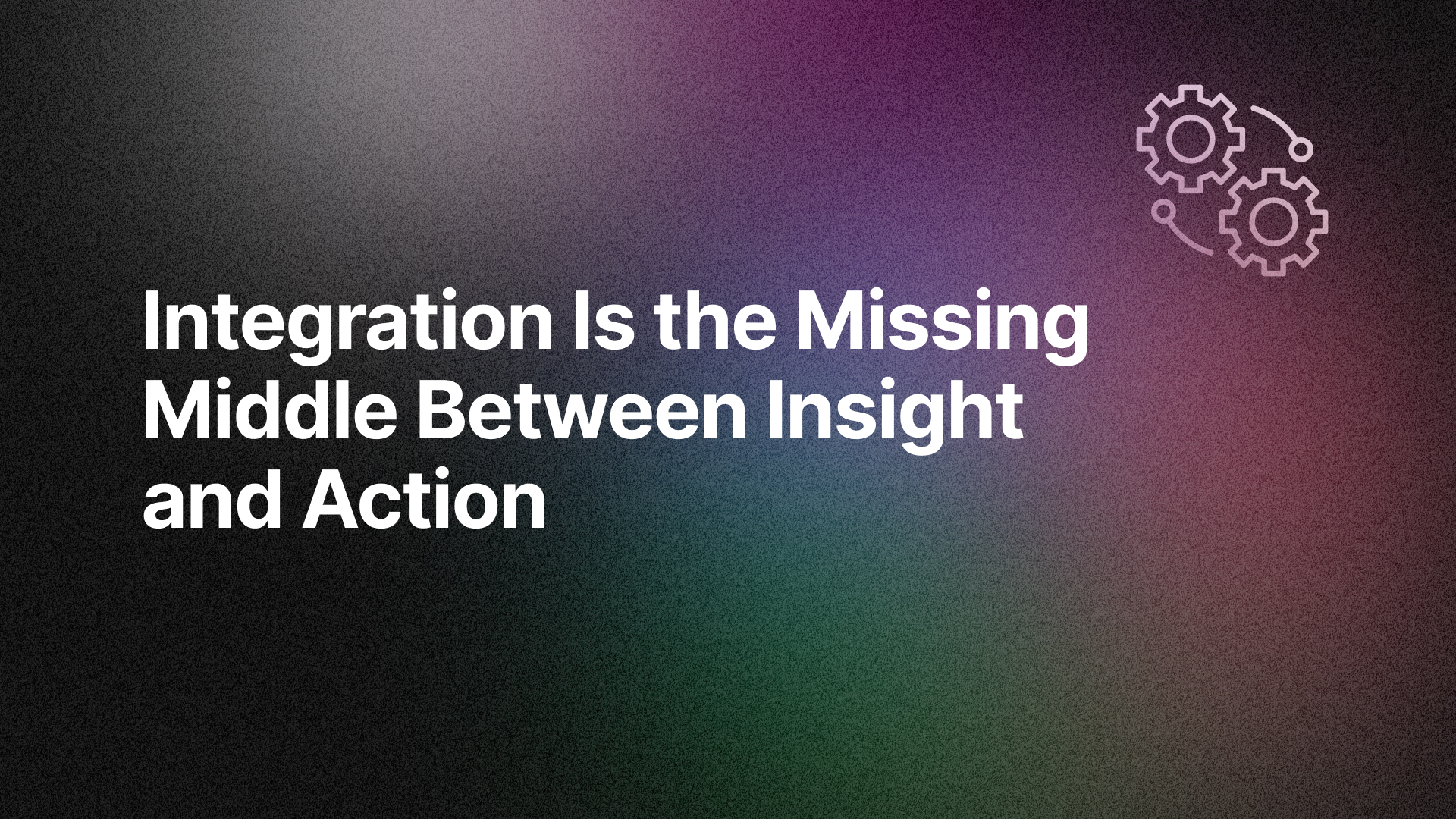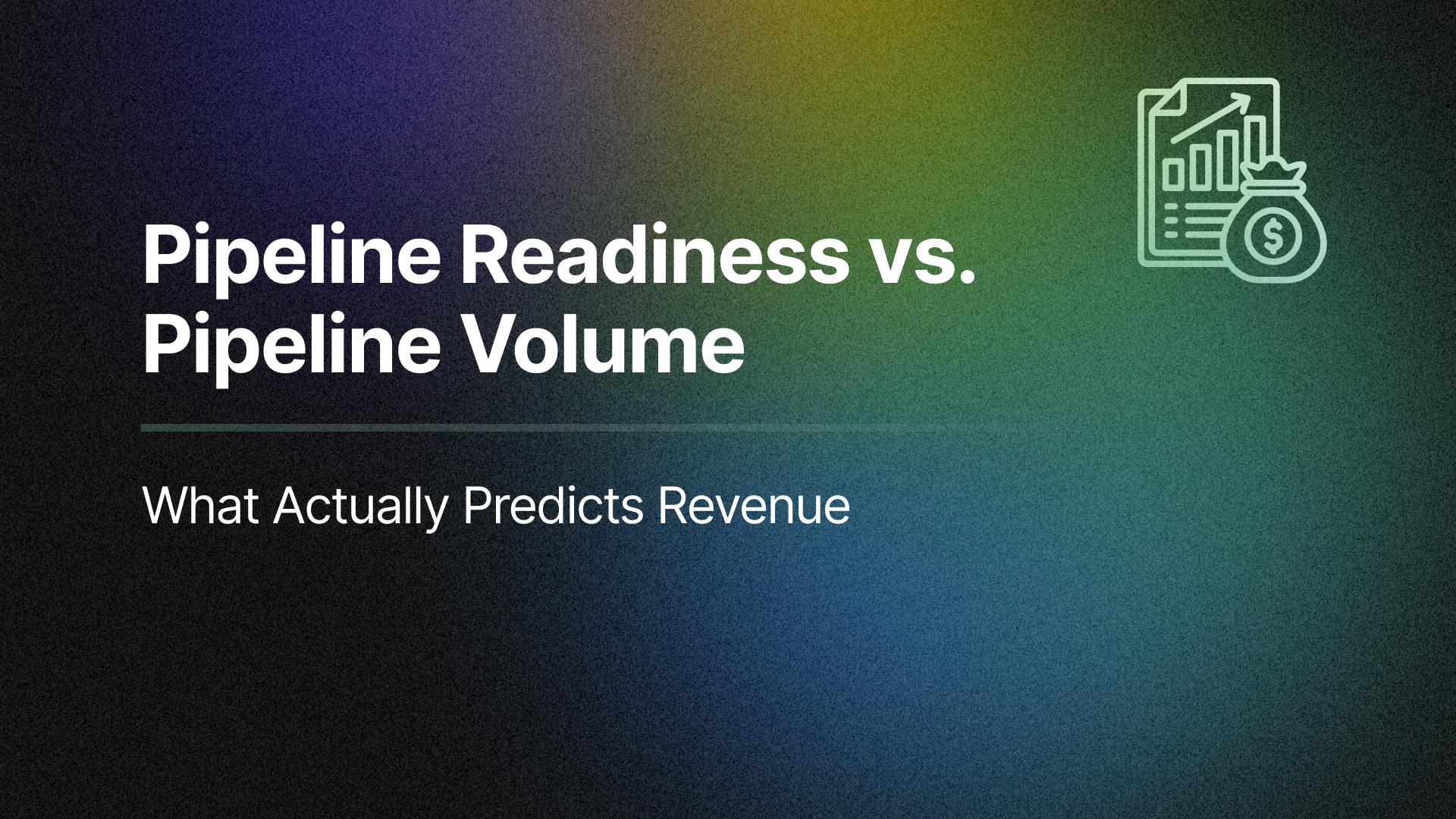B2B marketing is undergoing significant change, driven by technological advancement, evolving buyer expectations, and rising performance scrutiny. Marketers are now challenged to adopt new strategies that not only keep pace with these shifts but also position their brands for sustainable growth. In this post, we explore five critical trends that are set to define B2B marketing in the coming year, offering insights into how businesses can leverage these trends to stay ahead of the curve.
1. The Rise of Branding as a Core Strategy
In the past, B2B marketing often leaned heavily on direct response tactics like ads and eBooks to drive lead generation and sales. However, as the digital ecosystem becomes increasingly saturated, the effectiveness of these traditional methods has waned. In 2024, branding has emerged as a critical component of B2B marketing strategies for B2B brands.
Branding is no longer just about logos and taglines; it’s about building a compelling narrative that resonates with B2B buyers and differentiates your business from competitors. Potential customers need to recognize and trust your brand before they even begin their research. This shift towards brand-centric marketing is essential as competition intensifies in demand-capture channels like SEO, paid advertising, and other marketing channels. Liam Bartholomew, VP of Marketing at Cognism, emphasizes that brand marketing is now more important than ever. He argues that a strong brand acts as a "secret weapon" that can help businesses navigate tough economic times and rise above declining performance in other channels. This focus on brand differentiation is echoed by industry leaders who predict that companies prioritizing brand over short-term attribution will be the ones to succeed in the long run.
2. The Integration of AI in Marketing
Artificial intelligence (AI) has been a buzzword in marketing for several years, but in 2024, its role is becoming more pronounced and sophisticated. AI is no longer just a tool for automating mundane tasks; it’s now a strategic asset that can enhance content creation, personalization, and data analysis.
Many B2B marketers are using AI to streamline the content creation process, generate insights from large datasets, and optimize marketing campaigns in real time. However, there’s a growing concern about the over-reliance on AI, particularly in content creation. While AI can help produce content at scale, it often lacks the authenticity and nuance that human-generated content provides.
On the other hand, companies like RevSure are harnessing AI's full potential to drive more informed marketing decisions. RevSure’s AI-powered solution offers predictive insights that allow marketers to optimize campaign performance, improve pipeline forecasting, and enhance overall marketing ROI. By integrating AI thoughtfully, B2B marketers can leverage data-driven insights while maintaining the human touch that resonates with their audience.
3. The Shift Towards Quality Content
Content has always been a cornerstone of B2B marketing, but the approach to content is shifting in 2024. With the internet flooded with generic, SEO-driven content, simply producing more content is no longer a viable strategy. Instead, the emphasis is now on creating high-quality, original content that offers real value to your audience.
In 2024, successful B2B marketers will focus on developing a distinct voice and providing unique insights that differentiate their brand from the competition. This involves moving away from purely SEO-focused strategies and instead prioritizing first-party or native content that is deeply researched and well-crafted.
By offering thought-provoking, original content, businesses can establish themselves as industry leaders and build stronger relationships with their audience. This shift from quantity to quality is not just about improving content; it’s about ensuring that every piece of content serves a strategic purpose and resonates with the target audience on a deeper level.
4. The Evolution of SEO
Search engine optimization (SEO) remains a vital part of B2B marketing, but its role is evolving in 2024. The rise of AI-driven search tools, like ChatGPT and other language models, is changing the way people search for and consume information. As a result, traditional SEO tactics, which focus heavily on keyword optimization, are becoming less effective.
In response, B2B marketers are adapting their strategies to focus more on engaging with prospects where they are active, whether that’s on social media platforms, online communities, or through AI-powered search engines. This shift requires a more holistic approach to SEO, where the goal is to create content that not only ranks well on search engines but also engages users across multiple platforms.
Eric Doty, Content Lead at Dock, suggests that SEO content in 2024 will need to build on brand and differentiation strategies rather than being the primary driver of traffic. In response, B2B companies are adapting their strategies to focus on engaging prospects across multiple marketing channels, including social platforms and online communities.
5. The Growing Importance of Marketing Mix Modeling
As digital channels proliferate and marketing becomes more complex, understanding the effectiveness of different marketing activities is becoming increasingly challenging. In 2024, Marketing Mix Modeling (MMM) is emerging as a critical tool for B2B marketers looking to optimize their campaigns and maximize ROI.
MMM allows marketers to analyze the impact of various marketing tactics across different channels and understand how each contributes to overall business goals. By leveraging AI and advanced analytics, tools like RevSure are helping marketers gain deeper insights into their campaigns, enabling them to make more informed decisions and improve the effectiveness of their marketing efforts. Learn more about RevSure's Marketing Mix Modeling solution.
In a world where marketing budgets are under constant scrutiny, the ability to accurately measure and optimize marketing performance is more important than ever. By leveraging AI and advanced analytics, B2B brands can analyze user behaviors across campaigns, improve lead generation, and ensure alignment with business objectives.
The Unifying Shift: From Channel Optimization to Revenue Accountability
While branding, AI, content quality, SEO evolution, and marketing mix modeling may appear as separate trends, they are all connected by a deeper shift: marketing is being evaluated through a revenue lens.
CMOs are no longer measured solely on lead volume or engagement metrics. They are expected to demonstrate:
- Contribution to pipeline creation
- Influence on deal velocity
- Impact on customer acquisition cost (CAC)
- Improvement in forecast confidence
Brand investments must show long-term pipeline lift. AI must improve decision quality, not just efficiency. Content must drive meaningful engagement from high-intent accounts. SEO must reinforce authority. Marketing mix modeling must translate activity into capital allocation decisions.
The modern B2B marketing strategy is no longer channel-first, it is revenue-first. The teams that connect brand, demand, and analytics into a unified performance framework will outperform those optimizing tactics in isolation.
As we move through 2024, the B2B marketing landscape is being shaped by several key trends. By staying ahead of these trends, B2B companies can navigate the challenges of an increasingly competitive market, better understand B2B buyers, and empower their marketing teams to position their brands for long-term success.
Related Blogs








